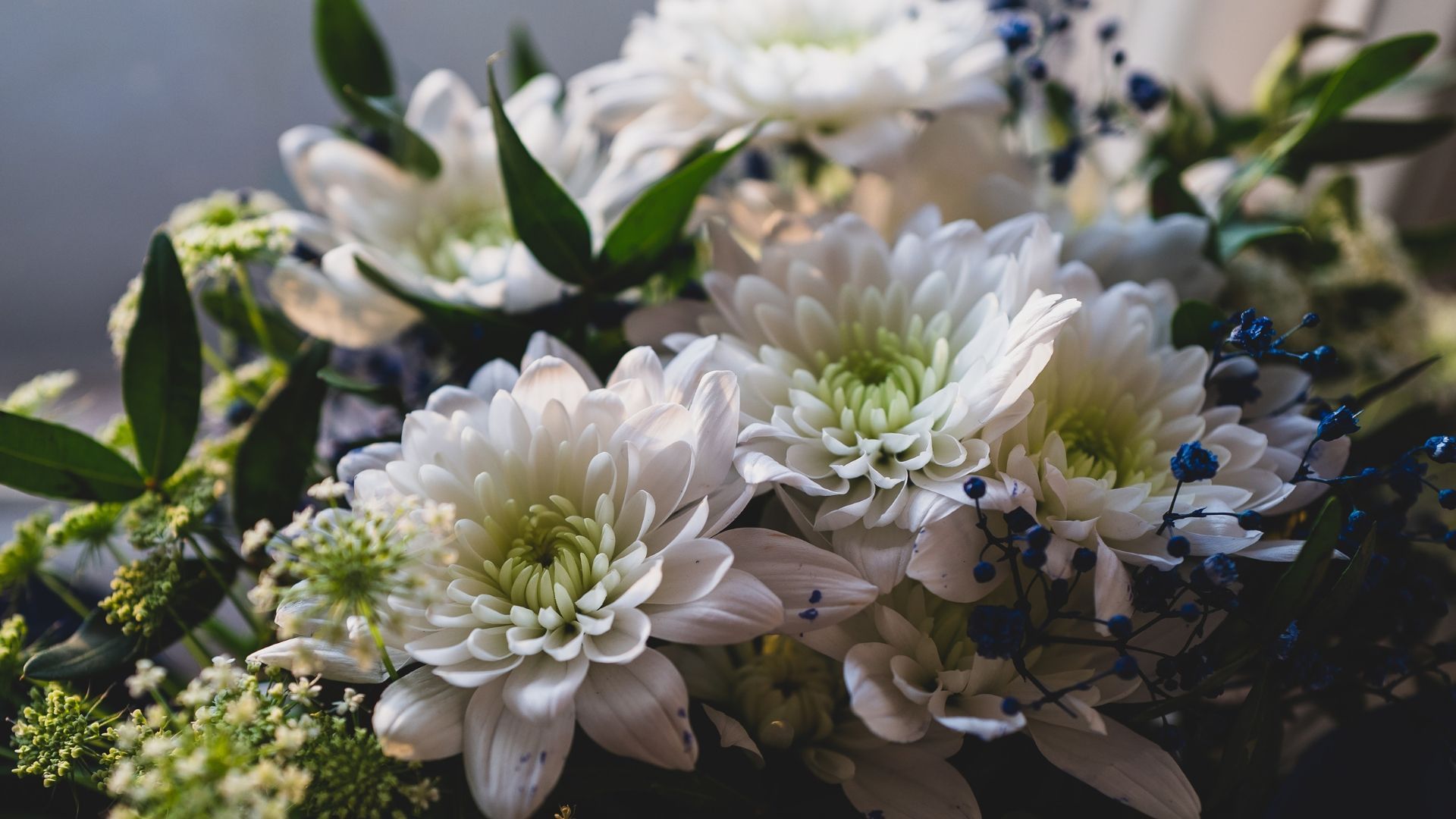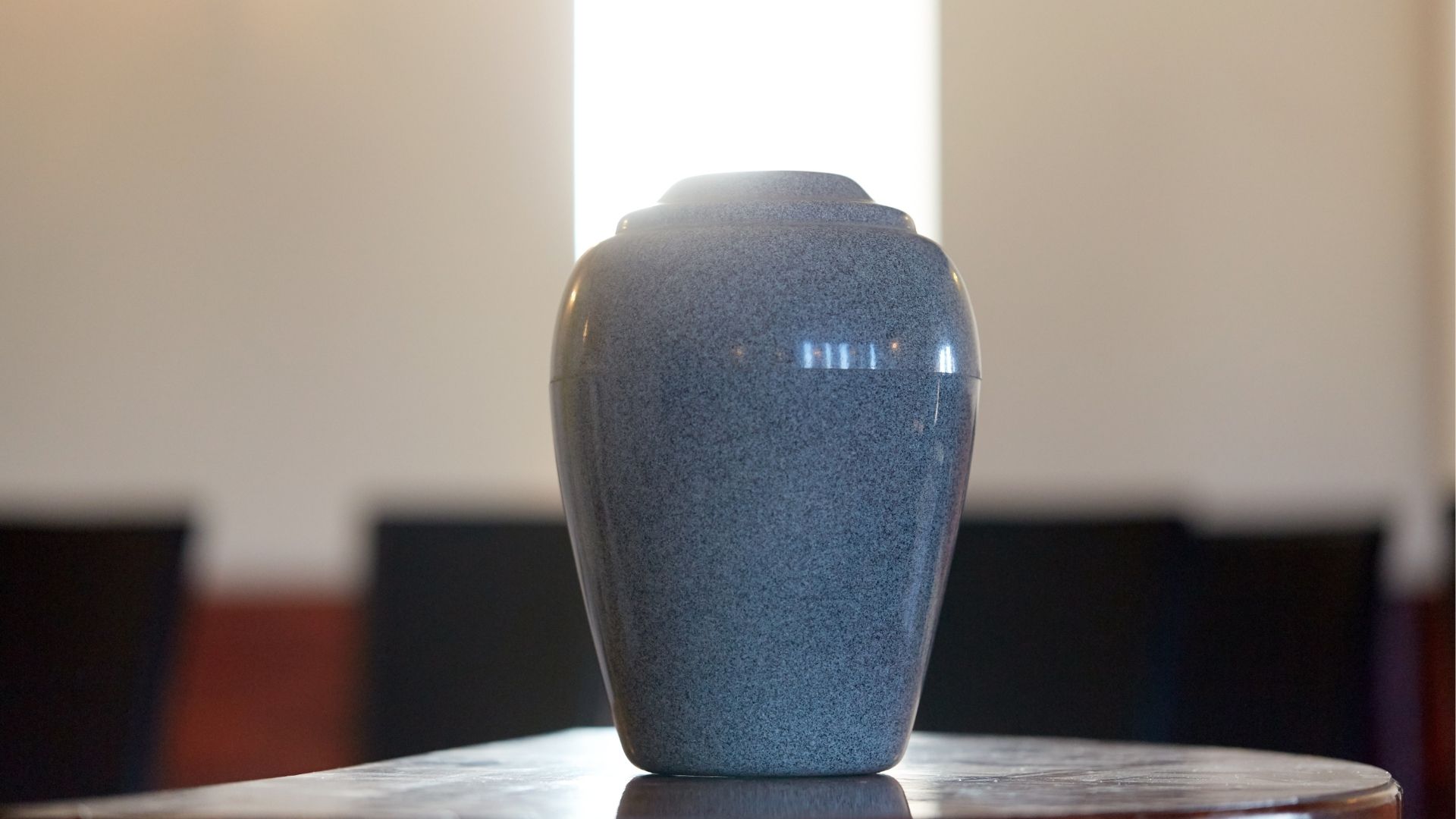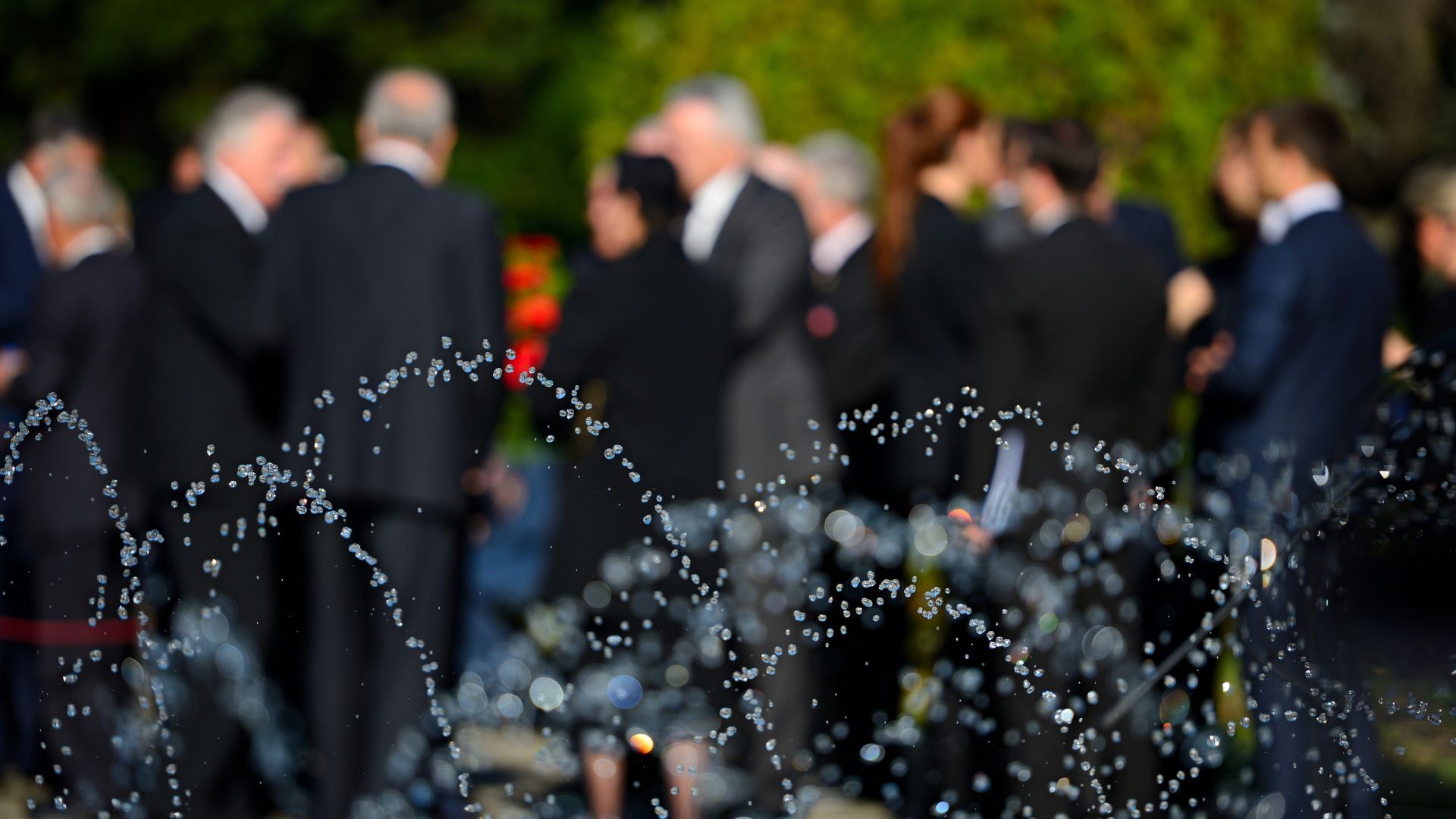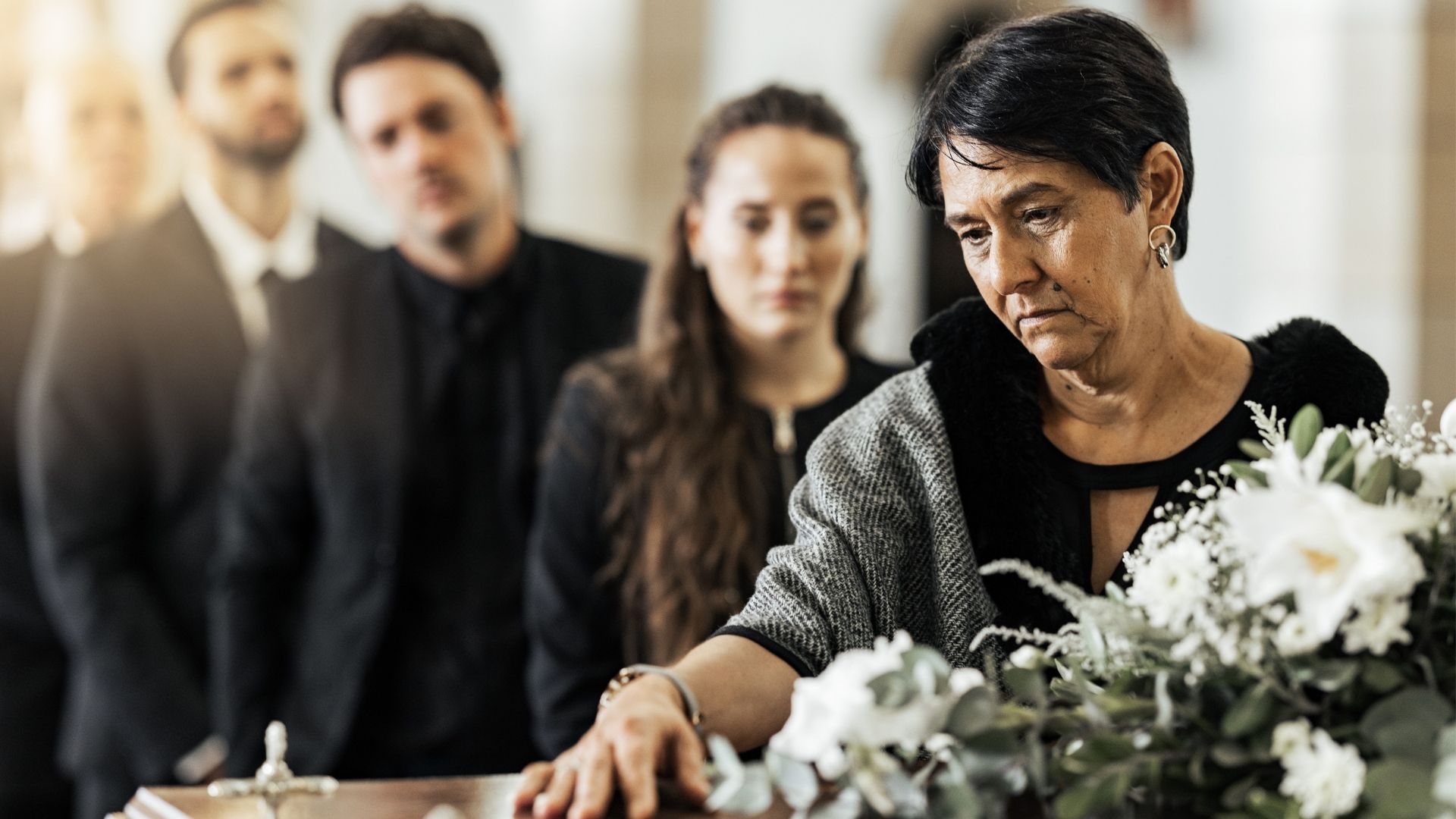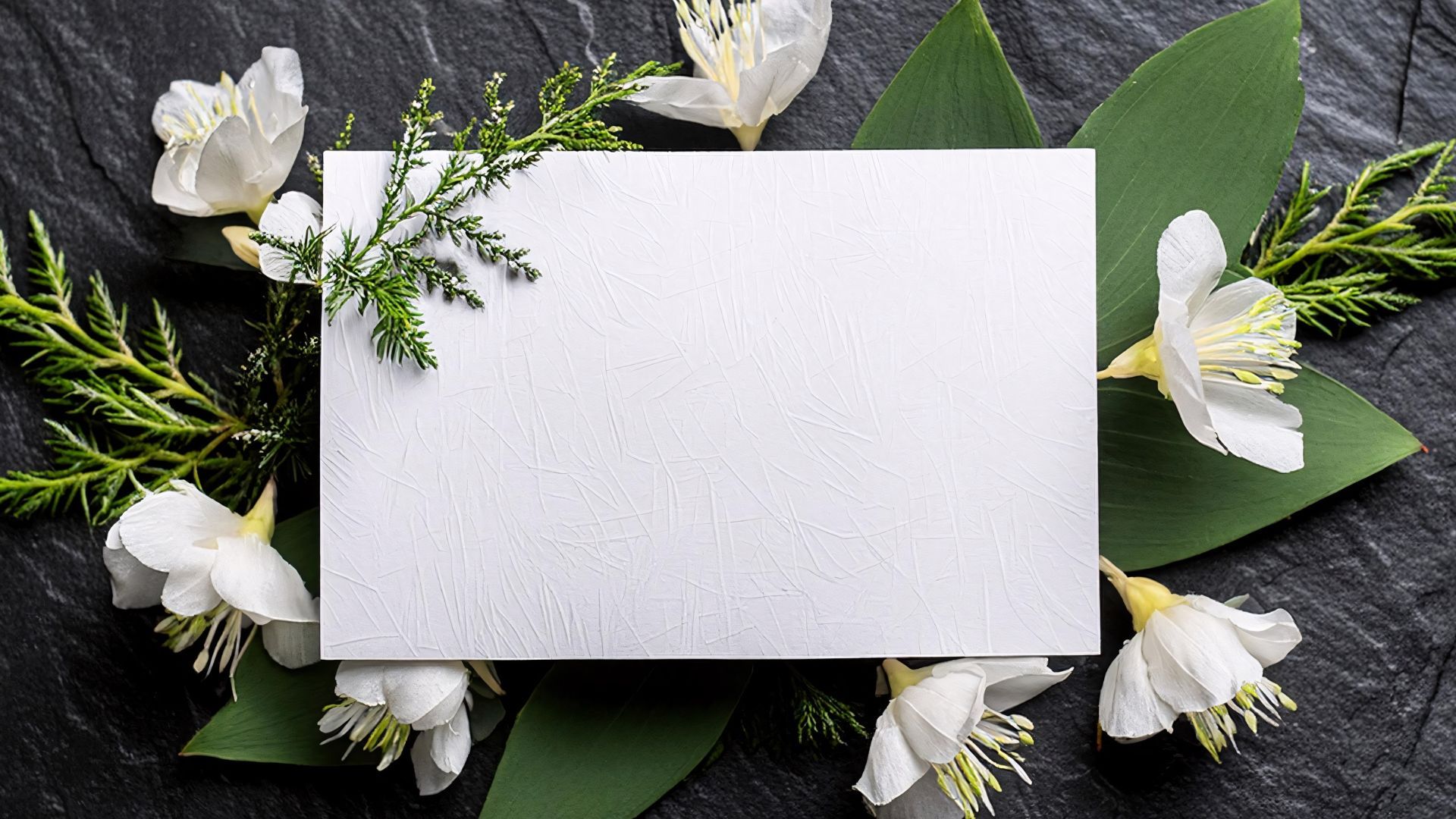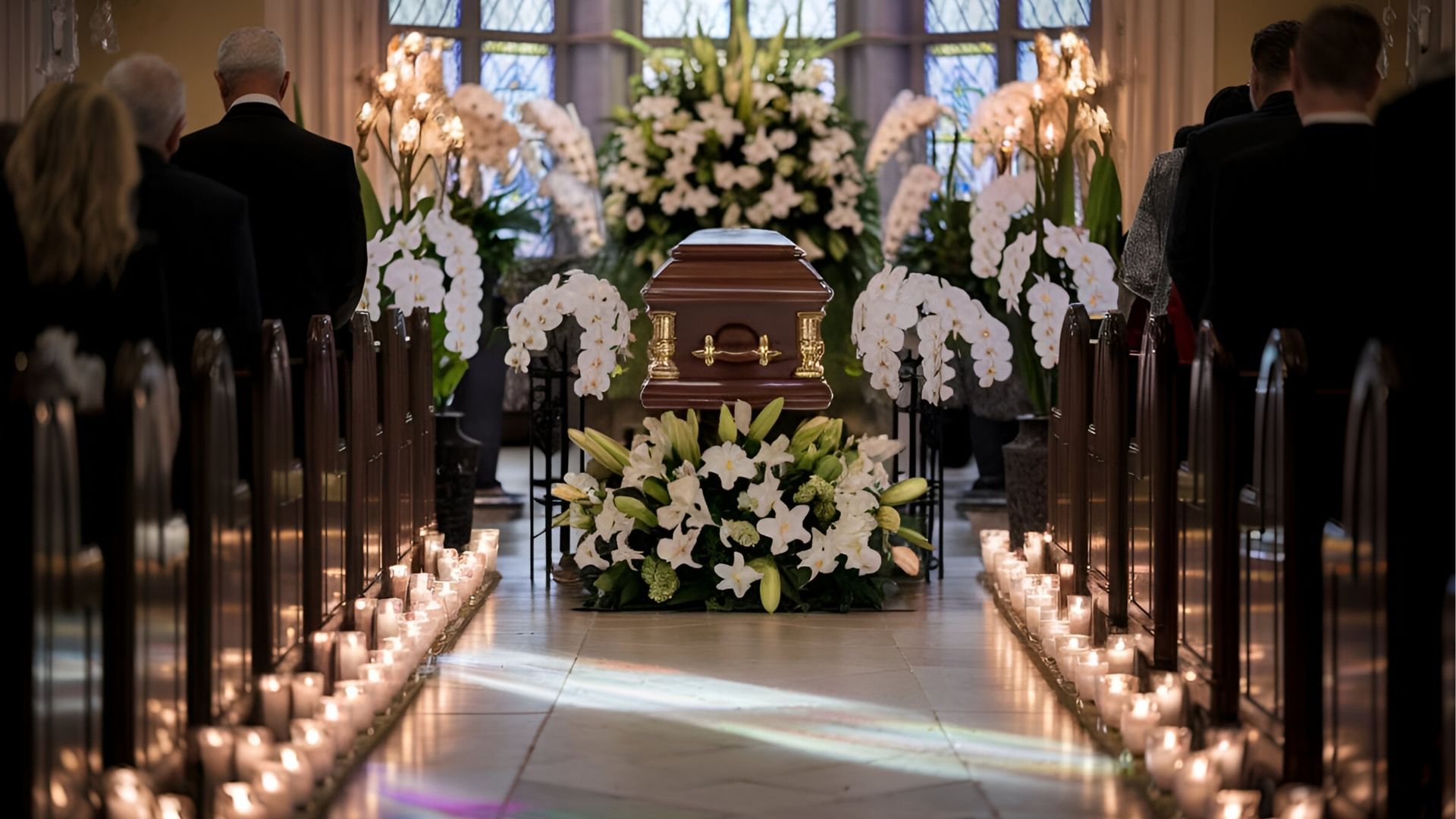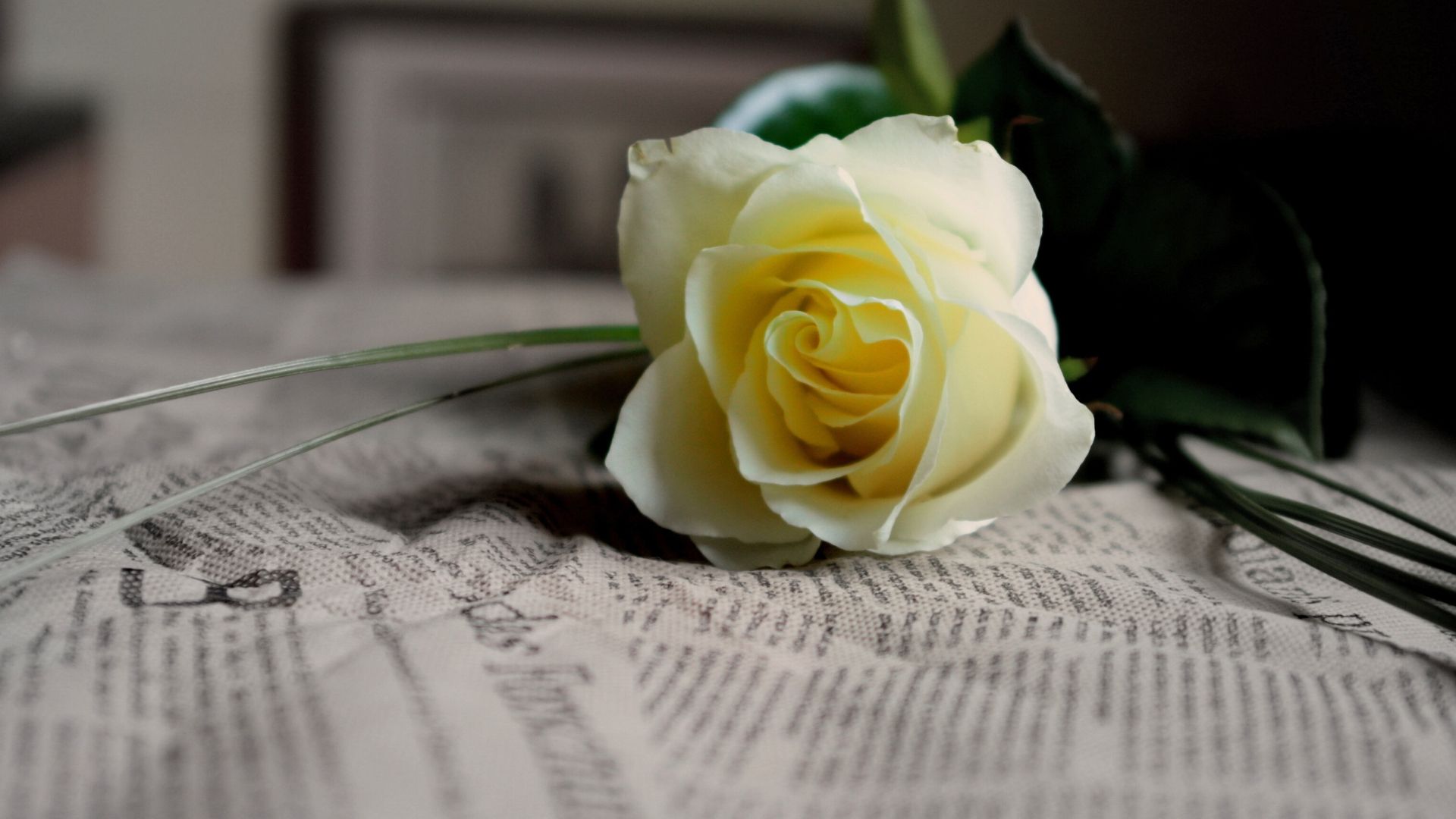Celebration of life vs funeral: what's the difference?
A celebration of life ceremony honours a person who has died. Learn how it differs from a traditional funeral.
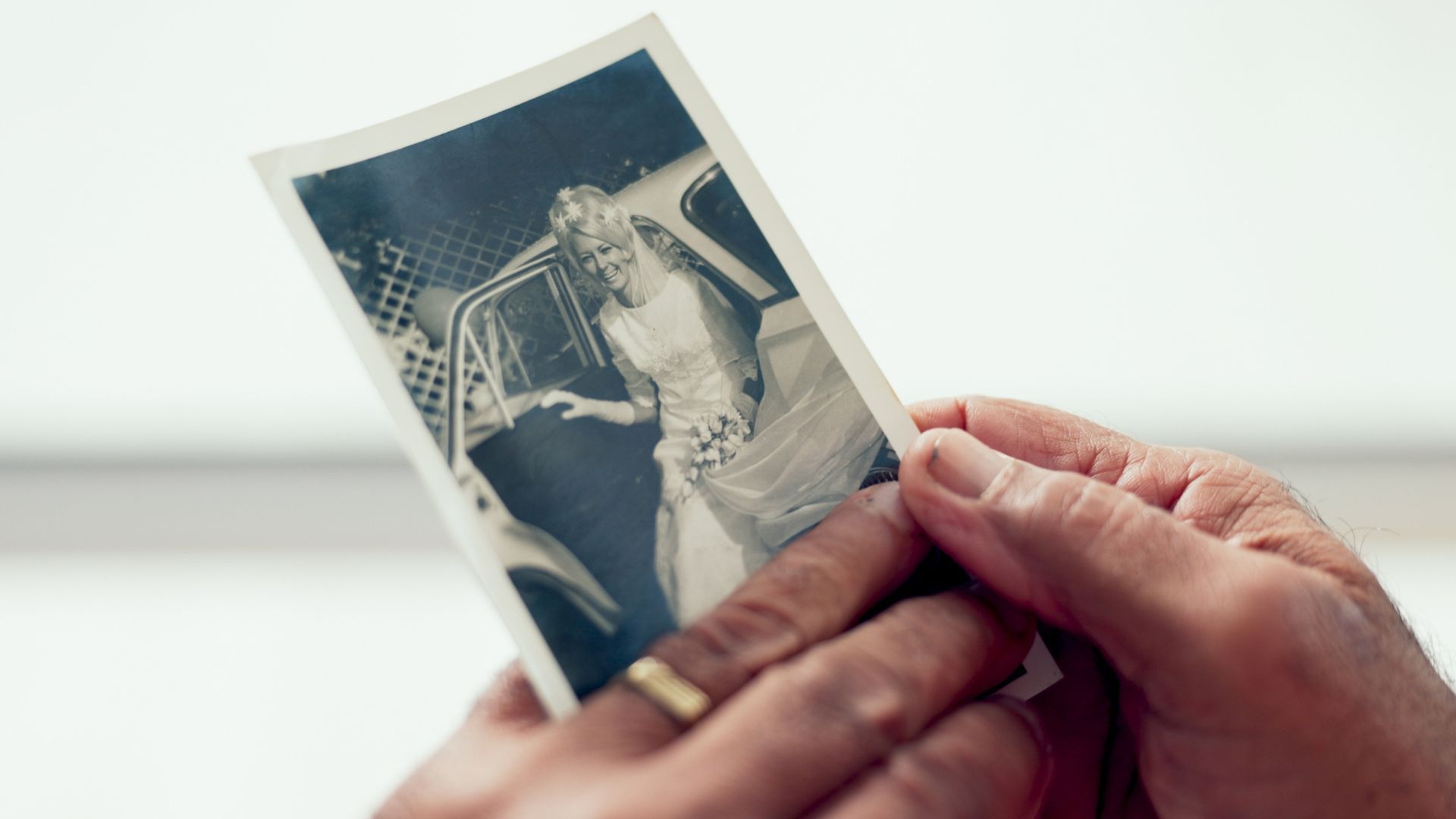
When a person dies, there are many different ways to send them off. Throughout the 20th and 21st centuries, alternative kinds of funerals and memorial services have increased in popularity. Many are now offered by local, national and international funeral directors.
Celebrations of life are a great example of this. Like other kinds of funerals and memorial services, they're about remembering a person's life and, in the case of funerals, putting the person's body to rest.
The key difference is that a celebration of life is, as the name suggests, a celebration. While a celebration of life can have much in common with a traditional funeral or memorial service, the tone tends to be more informal and more celebratory.
Moreover, celebrations of life tend to be more personalised than traditional services. This can add to the air of celebration. Some people feel this is a better way to honour the person who has died.
What is a celebration of life for?
Like any funeral or memorial service, a celebration of life is about remembering the person who has died, honouring their life and remembering the impact they had on others.
The main difference is one of tone. Whereas traditional services tend to be sombre affairs, celebrations of life are often more like parties. This is reflected in everything from the order of events to the venue to the dress code.
What does a celebration of life involve?
Celebrations of life are a relatively recent phenomenon, although some say they have their roots in traditional Irish wakes. Because they're a fairly new thing, there's no standard ceremony or ritual. Instead, a celebration of life puts the person's individuality front and centre.
A celebration of life is likely to include the sharing of tributes, memories and stories. The organisers may choose music and poems that reflect the person's life and interests.

Attendees are often encouraged to bring personal items, photos and videos associated with the person who has died. The aim is to paint a full picture of their life, passions, career and relationships.
Sometimes a celebration of life will have an order of speakers who share memories about the person. Others opt for a kind of open-mic setup, with people getting up to say a few informal words.
At other celebrations of life, the organiser may encourage attendees to write down memories in a guest book or memory box.
Celebrations of life can also feature food, drink and live performances of music, as well as activities that were important to the person who died.
It can be as elaborate as a fully themed party or as simple as giving each guest the person's favourite chocolate. Personalisation is key.
Where can a celebration of life be held?
It's not just the order of events that is flexible. The venue for a celebration of life can also be personalised.
It could be held anywhere that had personal significance for the person who has died. For instance:
- A club
- A restaurant
- A music venue
- A community room
- A pub
- A hotel
If they loved nature and the great outdoors, you could hold the party outside. You can also hold a celebration of life at someone's home.
Some religious buildings and crematoriums may be willing to host a celebration of life. However, the more party-like the event is, the less likely this is.
What do you wear to a celebration of life?
A celebration of life will usually have a more relaxed dress code than a traditional service. Sometimes, this is at the request of the person who has died. At other times, it's because the organisers want a more celebratory tone to proceedings.
Attendees are sometimes asked to wear the person's favourite colour or the colours of their sports team. Alternatively, people are encouraged to wear whatever they feel comfortable in.

What's the difference between a celebration of life and a living funeral?
Celebrations of life and living funerals are sometimes confused. A celebration of life is an event held after a person has died.
By contrast, a living funeral is held while the person is still alive. It's usually organised for someone with a serious illness who knows they don't have much time left. Like a celebration of life, it will have a more celebratory tone than a traditional funeral or memorial service.
Do you bring something to a celebration of life?
It depends. Often, there's no expectation to bring a gift. If you are expected to, the organisers will most likely mention it in the invitation.
Celebrations of life often revolve around memories and stories of the person who died. You may be asked to bring something to share. Again, this is likely to be mentioned in the invitation.
Loved ones may welcome a card of condolence or flowers. This isn't true of everyone, however – sometimes on the grounds of waste, sometimes for religious reasons. In this case, the loved ones may encourage you to donate to a charity instead.
Are celebrations of life religious?
Celebrations of life tend to be secular or humanist. However, there's no reason why a celebration of life shouldn't include religious elements or be led by a faith leader.
How long are celebration of life services?
The simple answer is that it depends. The length of a celebration of life can range from a couple of hours to a full day. It all depends on the wishes of the organisers.
Akshardham Funeral Directors is a team of independent
London funeral directors. We provide a compassionate, tailored service to people of all faiths and backgrounds. Please call 020 8355 7876 if you need our support – lines are open 24/7.

